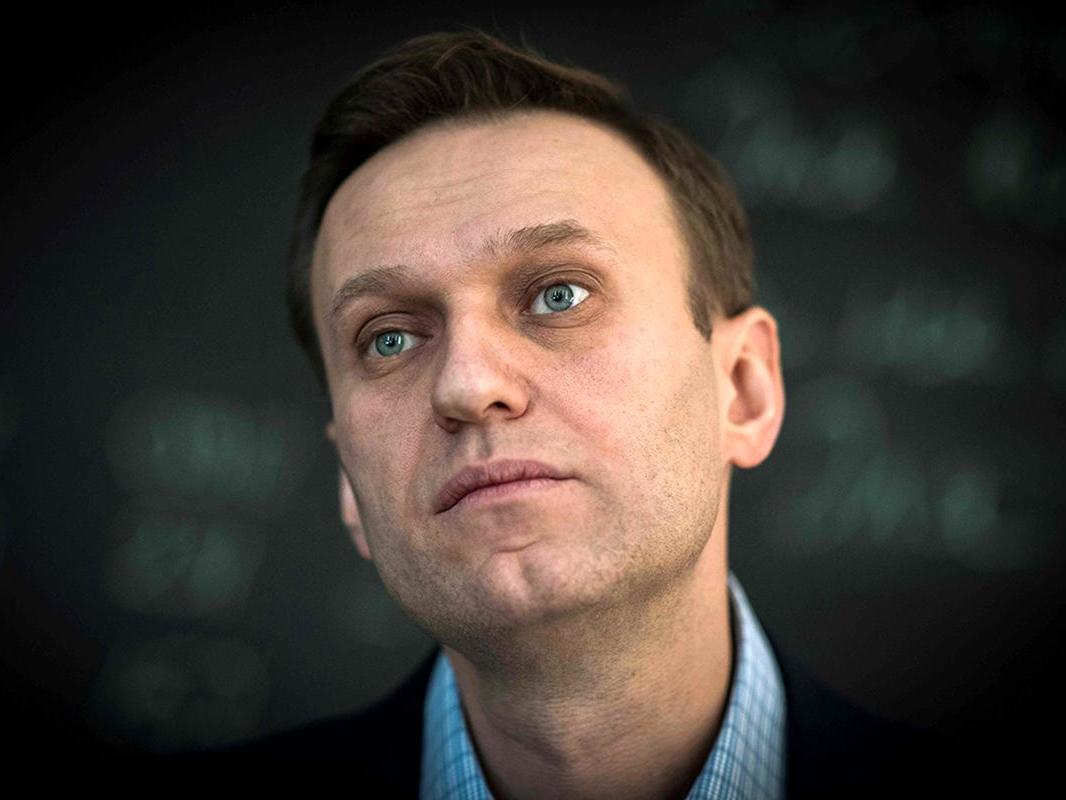Alexei Navalny: The thorn in Vladimir Putin’s side
The poisoning of the Russian opposition leader with novichok shows just how much he is feared by the Kremlin, writes Sean O’Grady

As he lies in an induced coma in a German hospital, the victim of an attempted assassination, Alexei Navalny has at least proved one thing: that Vladimir Putin, de facto dictator of Russia for life, fears as well as loathes this 44-year-old activist and effective leader of Russia’s fractured and persecuted opposition.
In its way, it is almost a compliment that Putin, or at least those working faithfully to what they perceive as his wishes, should have gone to the trouble of using novichok on him. It is, after all, a chemical weapon, banned under international treaty, the supplies of which are controlled by the Russian state, developed as it was in the days of the Soviet Union. If Putin was trying to thereby send a further signal that this is what happens when you try to resist his will, it worked. When Putin permitted Navalny to be moved to Germany for treatment, possibly saving his life, the president may have been embellishing the original message with the idea that he, Putin, was indifferent as to whether Navalny lived or died; he has had his punishment either way, and others will take the point.
Yet the very fact of the assassination attempt does tell us much about Putin’s attitude towards his putative rival, who has spent most of the past two decades campaigning tirelessly against Putin’s accretion of power and destruction of Russia’s already weak democratic institutions. Navalny’s characterisation of Putin’s United Russia party as “a party of crooks and thieves” stung because it struck a chord with the public, and stuck. Ever since he emerged from a long spell in higher education (degrees in law and finance) at the age of 32, Navalny has been engaged in politics and, specifically, in resisting Putin, who began his rise to near-absolute power when he was first appointed prime minister in 1999. (The president is Navalny’s senior by 23 years.) Putin was Boris Yeltsin’s protege, and, in their different ways, Putin and Navalny “inherited” the consequences of the chaos, Wild West capitalism and oligarchism that arrived after the fall of the USSR.
Subscribe to Independent Premium to bookmark this article
Want to bookmark your favourite articles and stories to read or reference later? Start your Independent Premium subscription today.
Join our commenting forum
Join thought-provoking conversations, follow other Independent readers and see their replies